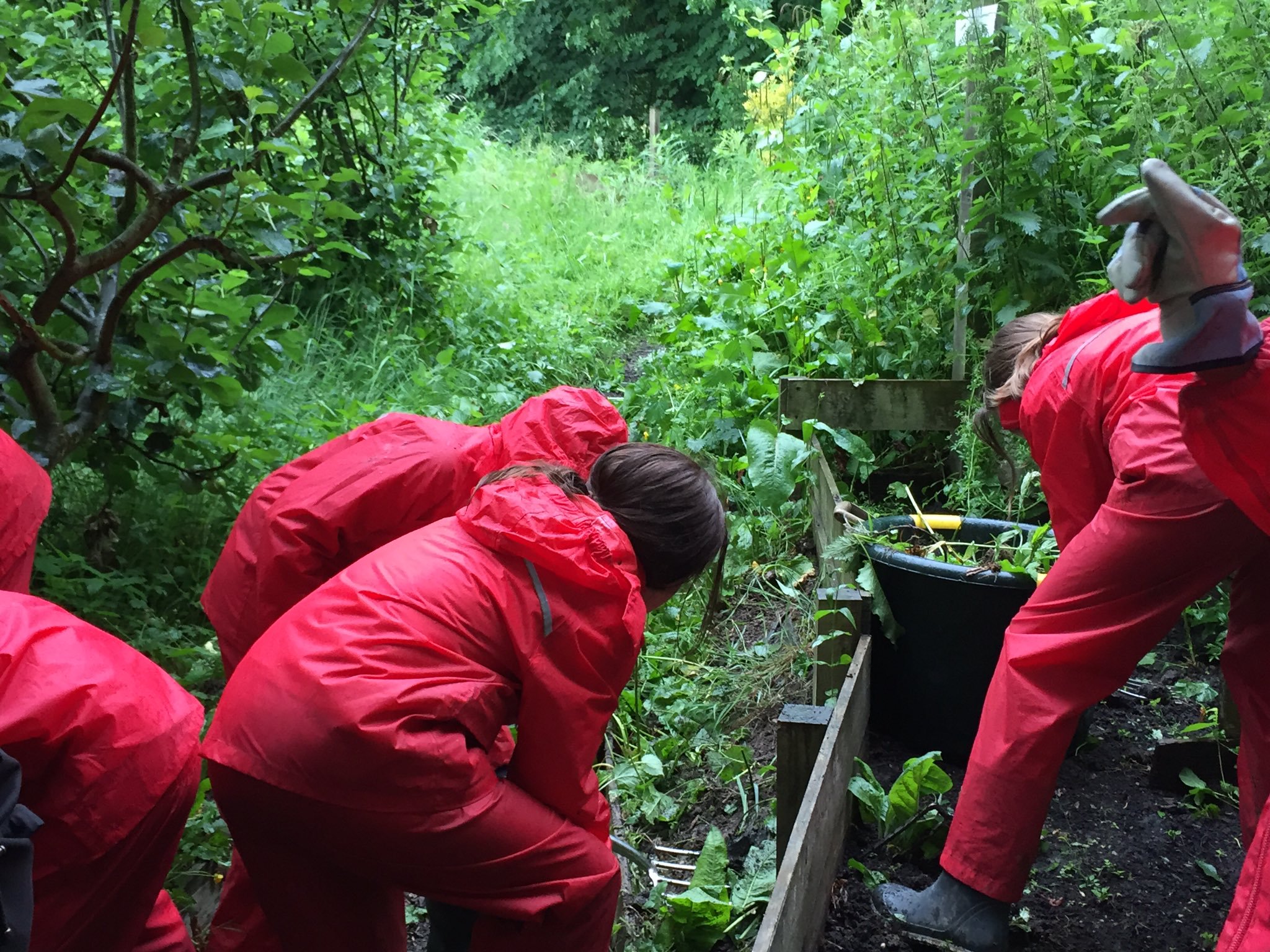Recommendation: Support promising (grassroot) practices to multiply or scale them
Many strong ‘triple-win’ practices are small-scale and local. They are designed and implemented by community members to respond directly to local opportunities and needs, with their size offering more flexibility to innovate and to test what works and what doesn’t than large scale initiatives. Ensuring that these actions are able to kick-off, and that the promising ones are sustained, multiplied and/or scaled up, can contribute to achieving policy objectives on a broader scale, ultimately contributing to better health, improved health equity, and improved environmental sustainability. Across INHERIT case studies, policymaker support was often crucial in helping to develop innovative local actions.[1]

Voices from INHERIT
You need people at the government that think and look over sectors, and that are committed to facilitate small initiatives.
The political pressure was an advantage, as it kept things moving: it gave us deadlines to meet. It wasn’t all positive, of course, but this was definitely an advantage.
I think that it is the Mayor as a leader, who is always willing and open for cooperation and new initiatives and has the ear for new ideas and suggestions, which is the core factor for such cooperation.
What can be done? Insights from INHERIT
What can be done? Insights from INHERIT
Drawing on in-depth qualitative, quantitative and cost-benefit analyses of 15 case studies across Europe, INHERIT has defined 10 overarching elements of good practice which can help local actions achieve triple-win benefits.[2]. Policymakers have an important role in developing and encouraging many of these elements, helping small-scale actions on the ground.
Examples
Examples
INHERIT triple-win case studies
More information on the INHERIT case studies can be found in the Annex: triple-win case studies
Sustainable Food in Public Schools and STOEMP
Food-related initiatives that both link up with the Milan Urban Food Policy Pact, and in which local political support was crucial throughout.
Restructuring Residential Outdoor Areas
Initiative to restructure a courtyard in a low-income neighbourhood in Stockholm, which could have benefited from the closer involvement of local authorities.
Malvik Path
Three-kilometre path along the coast created from a disused railway. The municipality co-created the path with residents. It is increasingly used since opening, by lower socio-economic groups, and assessed as economically beneficial, after only a year of use.
Place Standard
A simple framework to enable people to think about and discuss, in a methodical way, the place in which they live. The Mayor’s support was crucial in Skopje.
Gardening with Green Gyms and Meat Free Mondays and GemüseAckerdemie
Promising school-based initiatives around healthy, sustainable food and connection with nature, which would benefit from recognition at policy level (e.g. being integrated into school curricula), allowing them to scale up.
Restructuring Green Space
Initiative to co-restructure a green space in a low-income neighbourhood in Breda. Linked with existing policies and programmes, and benefits from active municipality support.
The Food Garden
Community garden providing organic food for low-income families, staffed by volunteers from vulnerable groups. Many different sectors are working together (private, public, volunteer). A more integrated, cooperative and active involvement from the municipality would have been beneficial.
Additional Reading from INHERIT
Article: Ten lessons for good practice
Bell, R., Khan, M., Romeo-Velilla, M., et al. (2019) Ten lessons for good practice for the INHERIT triple-win: Health, Equity, and Environmental Sustainability. Int. J. Environ. Res. Public Health, 16(22), 4546.
Report: Elements of good practice
Bell, R., Khan, M., Romeo-Velilla, M., et al. (2019) Creating triple-wins for health, equity and environmental sustainability: Elements of good practice based on learning from the INHERIT case studies.
